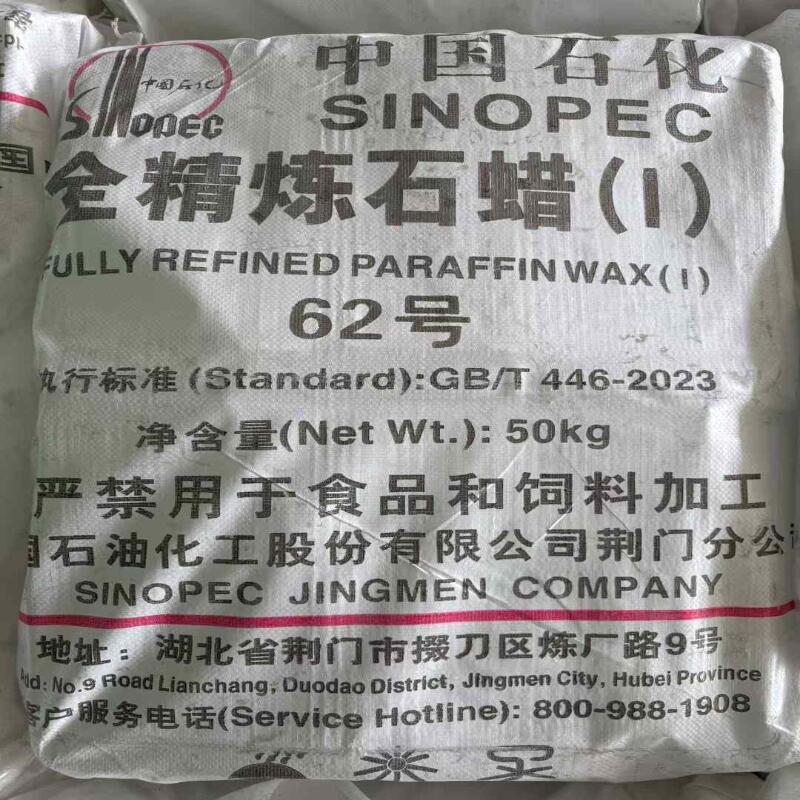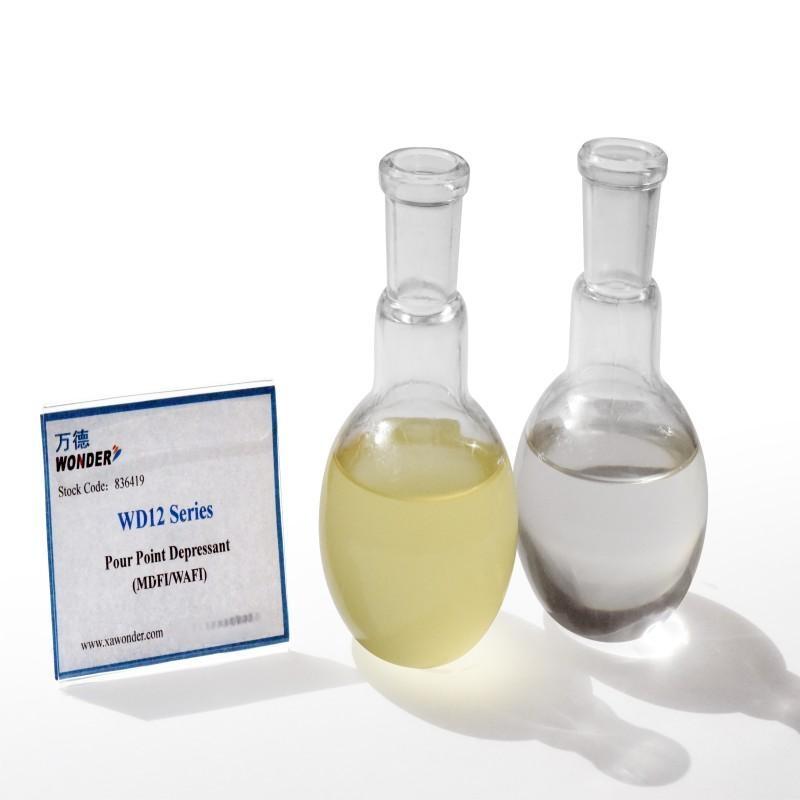-
Categories
-
Pharmaceutical Intermediates
-
Active Pharmaceutical Ingredients
-
Food Additives
- Industrial Coatings
- Agrochemicals
- Dyes and Pigments
- Surfactant
- Flavors and Fragrances
- Chemical Reagents
- Catalyst and Auxiliary
- Natural Products
- Inorganic Chemistry
-
Organic Chemistry
-
Biochemical Engineering
- Analytical Chemistry
-
Cosmetic Ingredient
- Water Treatment Chemical
-
Pharmaceutical Intermediates
Promotion
ECHEMI Mall
Wholesale
Weekly Price
Exhibition
News
-
Trade Service
Bio-aviation fuel is a widely used sustainable aviation fuel, and the raw materials mainly include catering waste oil, animal and vegetable oil, agricultural and forestry waste, etc
.
As the date of achieving the "dual carbon" target is approaching, the ability of aircraft to drink "gutter oil" is a realistic need
for the aviation industry to reduce emissions.
"Gutter oil" can also turn waste into treasure
.
Recently, China's first set of biological aviation coal industrial equipment produced biological aviation coal for the first time in Zhenhai Refining, marking a key step
towards large-scale production and commercial application of biological aviation coal in China.
What has caused heated discussions among netizens is that unlike traditional aviation kerosene, the raw material of biological aviation coal produced by Zhenhai Refining and Chemical is waste oil, which is often called "gutter oil"
.
In the future, large aircraft that drink "gutter oil" can not only sail normally, but also achieve green flight
.
The ability of aircraft to drink "gutter oil" is a realistic need
for the aviation industry to reduce emissions.
The extremely high investment costs, long R&D application cycles and ultra-high safety requirements in the civil aviation sector make it the most difficult field
to achieve near-zero emissions.
Compared with electricity, automobiles and other industries, the pace of green transformation of the aviation industry is significantly slower, and the greenhouse gas emissions caused by the use of traditional aviation fuel are increasing
year by year.
Data shows that the air transport industry generated more than 2%
of global CO2 emissions in 2019.
Climate Action Tracker rated aviation's progress towards carbon neutrality as "severely inadequate"
.
If left unchecked, aviation will account for 25% of the world's carbon emissions by 2050
.
As the date of achieving the "dual carbon" goal approaches, the green transformation of aviation fuel is becoming more and more urgent
.
At present, there are three
widely researched and feasible energy alternatives around the world: electrification, hydrogenation, and sustainable aviation fuel.
The characteristics of civil aviation aircraft and the current technical level determine that it is difficult for electric energy and hydrogen energy to be replaced on a large scale in the short term, and provide effective help
for carbon emission reduction.
The aviation industry does not have many options for low-carbon energy, and in terms of technology and existing commercial applications, sustainable aviation fuel will become the main driver of carbon emission reduction in aviation in the short to medium term
.
Bio-aviation fuel is a widely used sustainable aviation fuel, and the raw materials mainly include catering waste oil, animal and vegetable oil, agricultural and forestry waste, etc
.
Its composition is relatively close to traditional jet fuel, although combustion will also produce carbon emissions, but because its raw materials will absorb carbon dioxide in the air during the growth process, in addition to the energy consumption of the refining process, it will not increase the content of carbon dioxide in the air, thereby reducing carbon emissions
.
It is estimated that under the premise of ensuring flight power, the carbon dioxide emission reduction rate of the whole life cycle of bio-jet coal is 80% less than that of traditional aviation fuel, and airlines can use
it directly without modifying the aircraft.
As a result, most countries see it as the key
to a breakthrough in emissions reductions in aviation.
As the most populous developing country, China's civil aviation transportation market demand potential is huge, energy consumption and emissions will grow rigidly, and the time for realizing the green transformation of civil aviation and comprehensive decarbonization is tight, difficult and heavy
.
At the beginning of this year, the Civil Aviation Administration of China issued the "14th Five-Year Plan for the Green Development of Civil Aviation"
.
The first "plan" named "green development" in the history of civil aviation clearly states that the breakthrough in the commercial application of sustainable aviation fuel is not large compared to China's annual consumption of more than 30 million tons of aviation fuel, but it is not easy
to achieve this "small goal".
At present, the development focus of foreign biological aviation coal has shifted from raw material production and processing technology research to commercial application, and a large number of test flights and application promotion work have been carried out, not only the number of commercial flights has reached the order of 100,000, but many airports have achieved routine filling
of biological aviation fuel.
Although China completed the first test flight of biological aviation coal as early as 2013, there has not been a real biological aviation coal industry so far, and commercial applications are in a stagnant state
.
The first reason is that the production cost is high
.
The cost of sustainable aviation fuel for different production technologies is 2 to 3 times
that of conventional jet fuel.
At this stage, due to the lack of strong policy support, airlines have greater pressure on fuel replacement costs
.
Second, the supply of raw materials is not guaranteed
.
Considering China's specific national conditions, the development of biofuels at this stage still needs to be based on the development principle of "not competing with the people for food and land with grain", and the development of bio-jet coal under the existing technical level is more non-edible oil as raw material, and large-scale production faces the problem
of resource constraints.
According to the data, China produces 2.
9 million tons of standard oil every year, which is a relatively limited
amount.
At the same time, waste grease is relatively scattered, which is not only difficult to collect, but also difficult to supervise quality and pricing
.
Under the "dual carbon" goal, the application of bio-jet coal has become the general trend, and it is necessary to accelerate industrial development
from a national strategic height with a more advanced vision.
On the one hand, it is necessary to strengthen the top-level design
at the national level.
Research and introduce a medium- and long-term development plan for sustainable aviation fuel, establish a priority utilization mechanism for bio-jet fuel, and introduce terminal subsidy policies
.
Promote the commercial production of bio-jet coal, standardize the mechanism of raw material planting and collection, fuel storage and transportation, and establish demonstration operation routes
for bio-jet fuel.
On the other hand, government departments should strengthen policy encouragement and guidance, increase technological research and development and financial support, and break through the new generation of biological aviation coal production technology using cellulose as raw materials as soon as possible to solve the problem
of raw material constraints.







